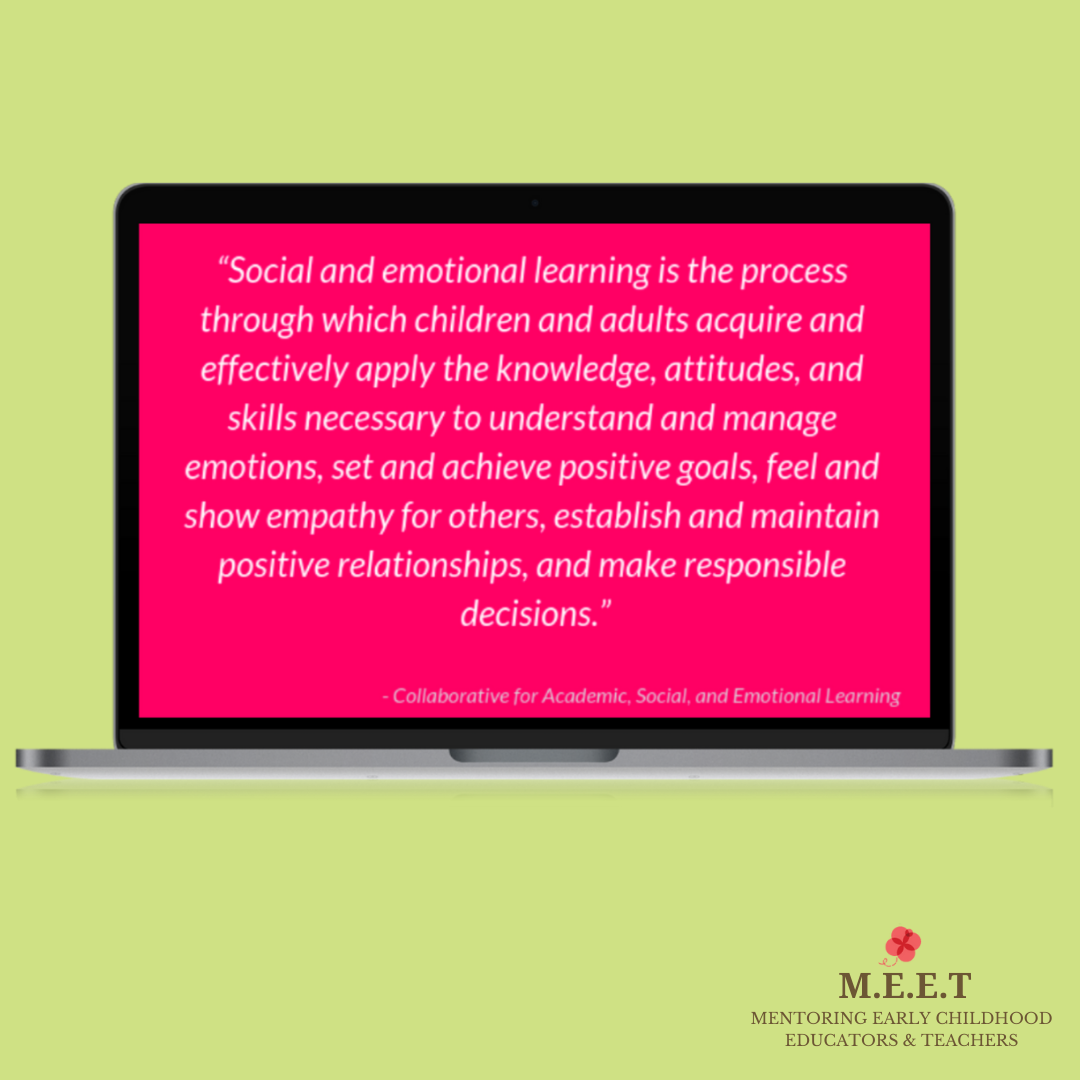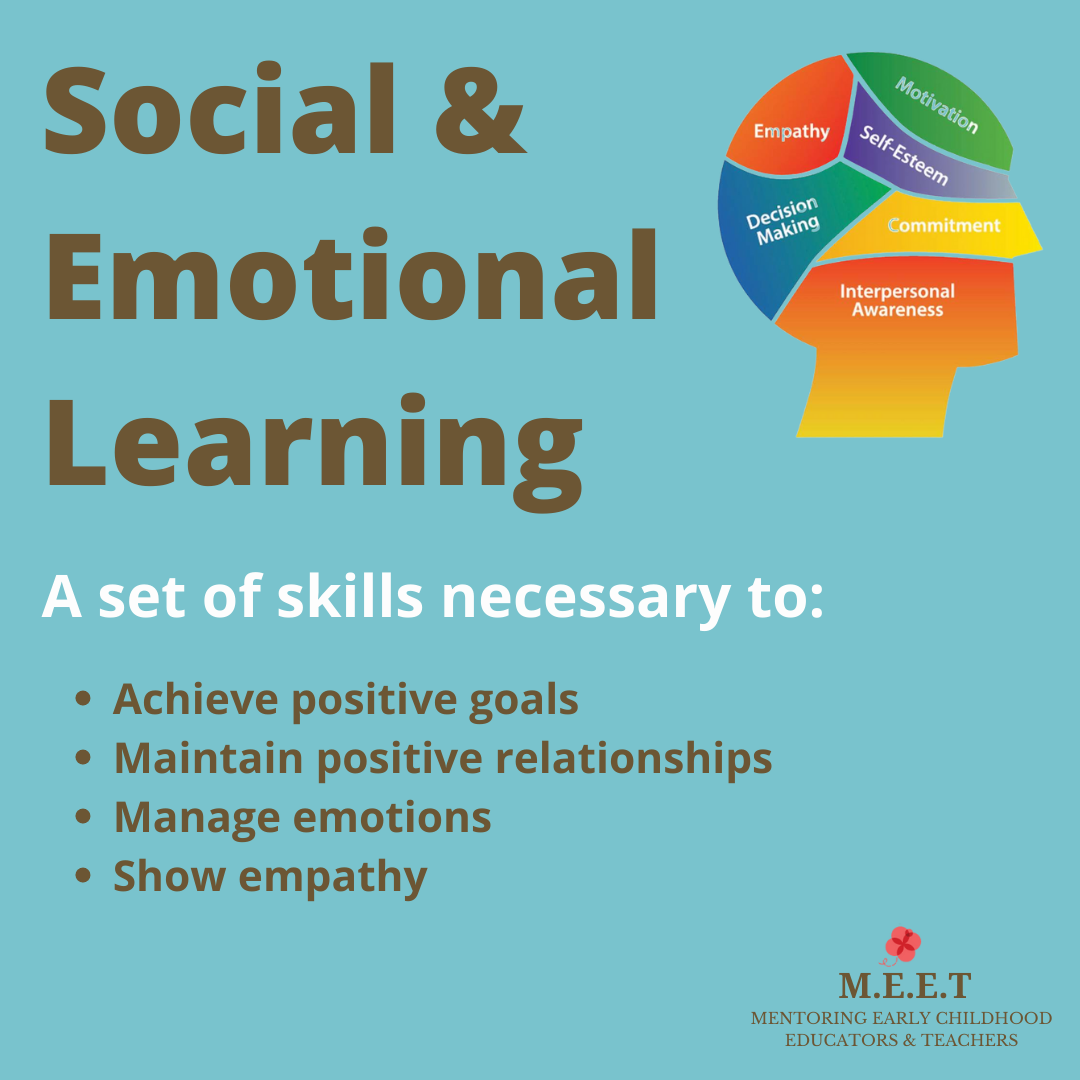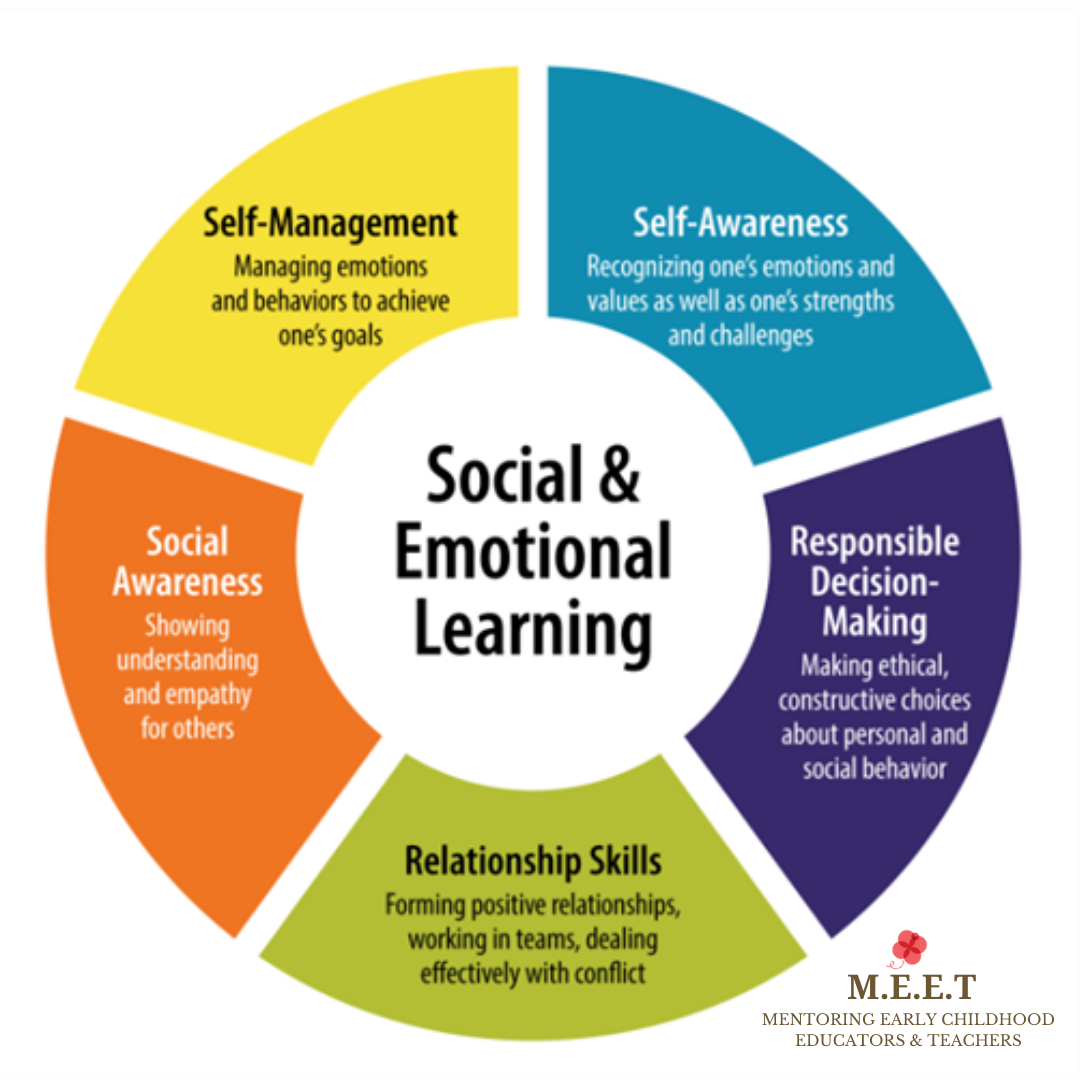- Posted on
- Chrysaellect
- No Comments
The importance of Social Emotional Learning.
Social Emotional Learning or SEL is a process that addresses the overall and holistic development of children by teaching them skills such as perseverance, self-regulation, empathy, self-awareness, and mindfulness, to name a few.
Growing up can be tough. As young people’s bodies and brains are changing rapidly, they also have to deal with new ideas and influences that make them who they become.
In an ever-changing world, the classroom is where students are often exposed for the first time to people who come from different backgrounds, hold different beliefs, and have unique skills. To accommodate these differences and provide all students with a level playing field for success, social and emotional learning (SEL) aims to help students – both children and adults – better understand their thoughts and emotions, become more self-aware, and develop more empathy for others in their community and the world around them.
Understanding and learning the skills towards SEL is important because we are not born knowing how to manage our emotions, social interactions and reactions. These are learned over time with guidance and experience.


In addition, children are more successful in school and in daily life when they:
* Know and can manage themselves
* Understand the perspectives of others and relate to them effectively.
* Make informed decisions about personal and social issues.
The COVID -19 pandemic has brought more focus to the essential role of SEL and attention to the need to adopt a more holistic and child-centered approach to student learning and development.
The COVID-19 pandemic has also had a negative impact on children’s mental health and well-being, leading to strong, negative emotional reactions such as panic, stress, anxiety, anger and fear.
Education can be an important protective factor for children and their families in crisis and conflict situations, while loss of education can be a significant stressor. The COVID -19 crisis is also a mental health crisis that has had both immediate and long-term effects.
Supporting students’ SEL can help students return to school, make up for lost learning, and adjust to new circumstances. For example, supporting students’ self-efficacy can help build their confidence in their ability to make up for lost learning and re-engage in learning.
Supporting students SEL is also relevant to supporting students’ mental health and well-being, an important area of concern during the pandemic. For example, supporting students’ ability to regulate their emotions can help them cope with and manage unexpected and difficult circumstances.
One of the best ways we as educators can regulate SEL in our classrooms and within schools is through literature.
Novels and short stories are full of emotion. The characters in them experience a range of highs and lows. And as we read, we feel something too – about the characters and about ourselves. For these reasons, literature provides a gateway to social-emotional learning (SEL) in your classroom.
As students analyze the emotions of the characters they read about, they gain not only a better understanding of the text, but also a better understanding of their own feelings.
Asking SEL -based questions at various stages of the reading process can be an effective and time-saving strategy for building your students’ social and emotional intelligence.
SEL is based on five key elements, namely: self-awareness, self-management, social awareness, Relationship Skills and responsible decision-making.
Self-awareness involves understanding one’s emotions, personal goals, and values. It also includes a proper appreciation of one’s strengths and limitations, a positive attitude, and a well-founded sense of self-efficacy and optimism. A high level of self-awareness requires the ability to recognize how thoughts, feelings, and actions are interconnected.
My book Being Me is based on the key element of self-awareness. The story highlights the journey of a girl named Saige and her curious nature to find out more about herself, her potentials and the consequences. Through this journey of self-discovery, she also becomes more confident and is able to express exactly what she feels.
It is my hope that the simple words used in the story will open a world of literature and push open the door for deeper social-emotional learning in the classroom.

